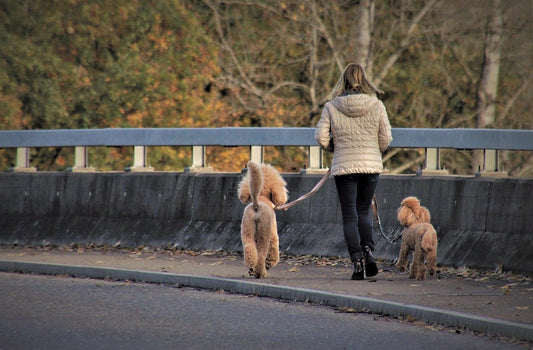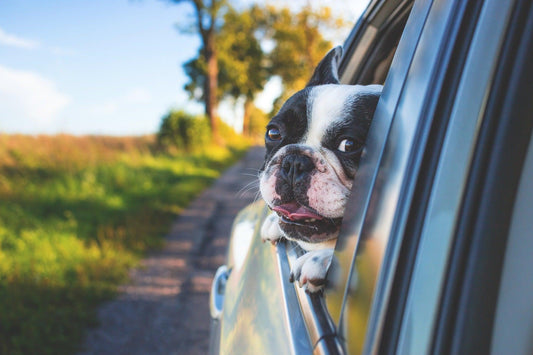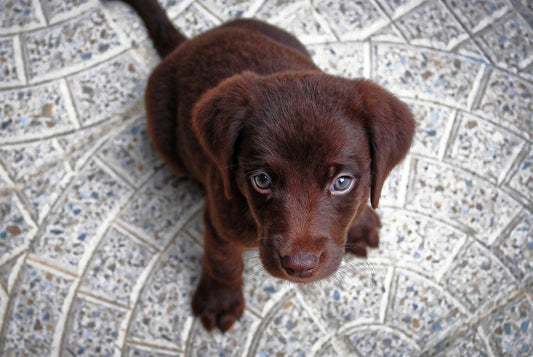If you're looking for a dog that is both lively and charming, the Affenpinscher may be the perfect dog for you. This small breed has an interesting history and a unique character. In this article we will take a closer look at the history, character, health and care of the Affenpinscher.
History
The Affenpinscher is a small dog breed that originated in Germany. The breed originated in the 17th century and was initially bred as a rat hunter. The name 'Affenpinscher' literally means 'monkey dog' in German, because of the monkey-like appearance of the dog's face.
Throughout history, the Affenpinscher was increasingly bred as a companion dog, especially for people living in urban areas. The breed became more popular in the 19th century and was recognized by the American Kennel Club in 1936.
Character
The Affenpinscher is known for its quirky personality and lively disposition. These dogs are intelligent and alert, and they tend to be very protective of their owners. Affenpinschers often bond strongly with their families and love to be around them.
Despite their small size, Affenpinschers are not afraid to stand up for themselves. They can be a little stubborn at times, but with proper training and socialization, they make great companions.
Health
In general, Affenpinschers are healthy dogs with a life expectancy of about 12-14 years. However, there are some health issues that this breed can be prone to, such as patellar luxation and eye problems such as cataracts.
If you are considering purchasing an Affenpinscher, it is important to find a reputable breeder who has done the necessary health testing to ensure that the puppies are as healthy as possible.
Care
The Affenpinscher has a thick, wiry coat that requires regular grooming. Daily brushing is necessary to prevent tangles and clumps. It's also important to have your dog's coat trimmed at least twice a year to ensure it stays healthy.
In addition to grooming, it is also important to keep your Affenpinscher's teeth clean. This breed has a tendency to develop dental problems, so it's important to have regular dental checkups and allow your dog to chew on dental chew toys daily.




